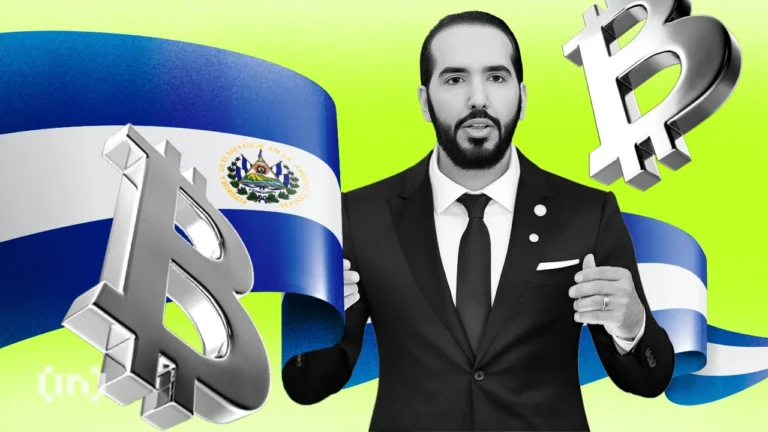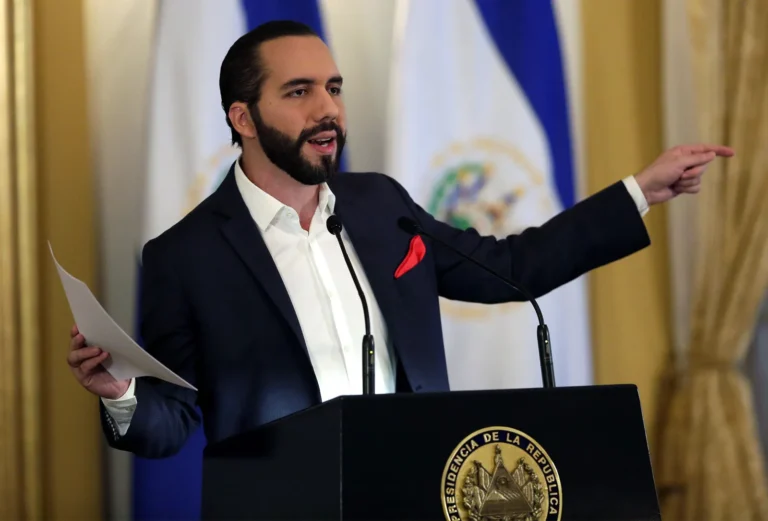El Salvador’s audacious move to adopt Bitcoin as legal tender in 2021 has been met with mixed reactions, according to recent comments from President Nayib Bukele. Bukele proudly proclaims the experiment a success, emphasizing that it has brought “nothing but benefits” to the Central American country. This bold step made El Salvador the first nation to integrate Bitcoin into its financial system, allowing transactions across various sectors, from fast-food restaurants to hotels.
The introduction of Bitcoin aimed to propel El Salvador into the forefront of financial innovation, but the results have been more nuanced. Despite Bukele’s positive outlook, the actual adoption rate of Bitcoin among Salvadorans has not reached the anticipated levels. Recent statistics reveal a decline in usage, with only 12% of citizens engaging with Bitcoin in the past year, down from 21% in 2022. This decline highlights a gap between the initial enthusiasm and the reality on the ground.
While some Salvadorans use Bitcoin for everyday transactions, such as buying food and paying for utilities, the technology has not yet gained widespread acceptance. The challenges include a lack of understanding and trust in Bitcoin, compounded by infrastructure and technical difficulties. These hurdles have relegated Bitcoin to a relatively niche status rather than a mainstream payment option.
Nevertheless, Bukele remains optimistic. He acknowledges that while Bitcoin hasn’t transformed the Salvadoran economy as dramatically as hoped, it has still offered significant benefits. According to him, the experiment has enhanced El Salvador’s global branding, attracted investments, and boosted tourism. For Bukele, these positives overshadow the shortcomings and present Bitcoin as a tool for national development rather than just a passing trend.
In summary, while the Bitcoin experiment in El Salvador has not been a resounding success in terms of widespread adoption, it has still brought notable advantages. The experiment’s mixed outcomes reflect both the promise and the pitfalls of integrating cryptocurrency into a national economy. For crypto enthusiasts and traders, El Salvador’s journey offers valuable insights into the complexities of adopting new financial technologies on a national scale.



